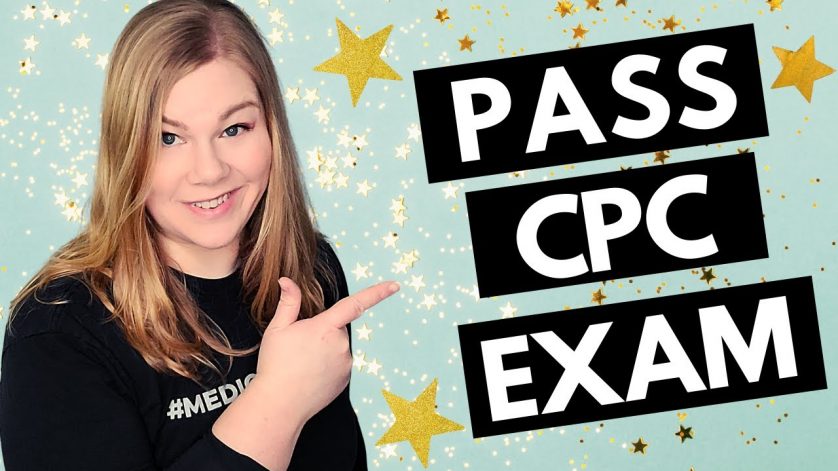Q: What is Medical Coding?
A: Medical coding is the process of assigning alphanumeric codes to medical diagnoses, procedures, and services. This helps to accurately document and track patient care, and ensures that healthcare providers are reimbursed correctly for their services.
Q: What is the purpose of the CPC exam?
A: The purpose of the Certified Professional Coder (CPC) exam is to test the knowledge and skills of individuals who wish to become certified medical coders. The exam covers a wide range of topics, including medical terminology, anatomy and physiology, coding guidelines and conventions, and healthcare regulations.
Q: What are the different code sets used in medical coding?
A: The three main code sets used in medical coding are the International Classification of Diseases (ICD), Current Procedural Terminology (CPT), and the Healthcare Common Procedure Coding System (HCPCS). Each code set serves a different purpose, with ICD codes used for diagnoses, CPT codes used for procedures and services, and HCPCS codes used for supplies, equipment, and drugs.
Q: What is the purpose of modifiers in medical coding?
A: Modifiers are used in medical coding to provide additional information about a procedure or service that has been performed. They can be used to indicate that multiple procedures were performed during a single session, to clarify the location of a procedure, or to indicate that a service was performed by a different provider. Modifiers are important for ensuring accurate coding and billing.
Q: What is unbundling in medical coding?
A: Unbundling is the practice of billing separately for services that are typically performed together as part of a single procedure. This is considered fraudulent and can result in penalties and fines. Medical coders must be vigilant in identifying unbundling and ensuring that all services are correctly coded and billed.

